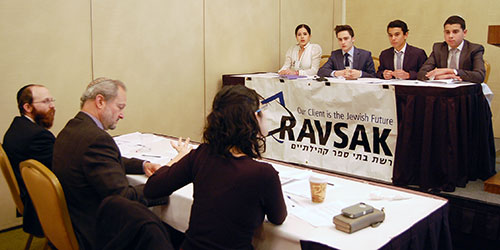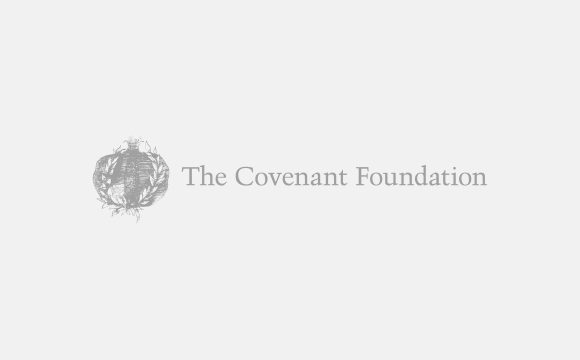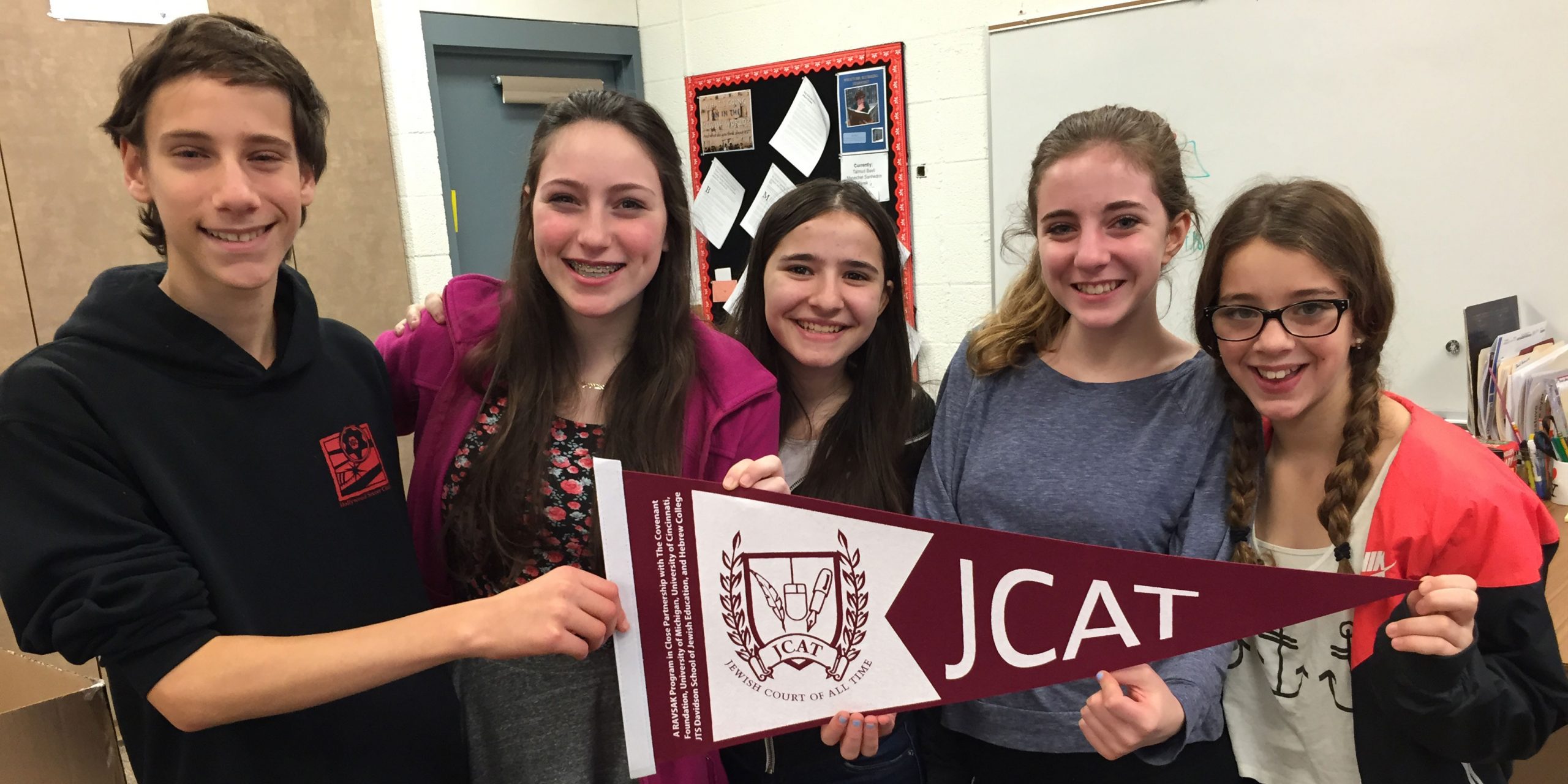

The Covenant Grants
JCAT: Jewish Court of All Time
Organization: RAVSAK: The Jewish Community Day School Network, New York, NY
Grant Year: 2009
Project Director: Dr. Matthew Kaplan
Type of Grant: Signature
Grant Amount: $165,100 (3 years)
Website: https://ravsak.org/
In 2009, RAVSAK was awarded a Covenant Grant to disseminate JCAT (Jewish Court of All Time), a web-based simulation that engages middle school students in learning Jewish history through researching and role-playing as historical figures. RAVSAK argued in its proposal that “traditional methods of presenting history are particularly ill-suited to the current group of ‘millennial learners’ who are much more engaged by electronic rather than textual interfaces and are growing up in a world of increasingly powerful online social networks.” By incorporating the kinds of technology and social networks that students were already drawn to, schools could “tap into student desire for personal engagement in innovative, technology-driven environments, as well as assist students in developing reasoned ethical thinking, the capacity to articulate their ideas, and the ability to enter a complex discourse of these ideas.”
The evaluation of JCAT described the impact of the social media dimensions of the program. The majority of participants enjoyed interacting with students from other schools, particularly those from smaller schools and communities, and half said that doing so made them “feel more part of a larger Jewish community.” The ability to express themselves through an online simulation also helped certain students find their voice and interact more easily with their peers: “Students who were otherwise shy and quieter than others were able to use JCAT as an opportunity to be more expressive. A clear success of the simulations was the breaking down of social barriers. Whereas some students may have been less confident in social situations, entering into character ‘leveled the playing field’ for them.”
JCAT succeeded for a number of reasons, including the commitment to serious “play,” but we also noted that the project’s “cool” factor (as one teacher referred to it) was enhanced by the use of technology to bring students outside of their very familiar school communities. Thanks to the web interface, students and teachers could interact with peers from around the country and with university students as well as faculty. Thus, conversations seemed less “academic” (in the sense of merely fulfilling an assignment), which prompted creativity and a seriousness about the project.
JCAT is being used today in twenty-four Jewish days schools across the country, either as part of the Jewish history curriculum or as an enrichment activity.
To support the growth of Jewish Court of All Time (JCAT) through the RAVSAK network of schools by developing a new program management infrastructure.
Update from RAVSAK, September 2015:
“We’ll be kicking off this year’s program in September with 25 schools, 37 teachers, and just under 700 students from across North America, our largest group to date. Students will take on the identities of figures from throughout Jewish history to convene as the Jewish Court of All Time, to address the following case, set in France:
Laila Mokeddem, a young Muslim high school student who lives near Grenoble was denied entry to her high school because she was wearing a hijab. Several weeks later, Gilles Blum, a Jewish high school student living in the Marais district of Paris, was told that he could not attend classes while wearing a kippah that school officials deemed to be too large and distracting. Laila and Gilles challenged the French law against ostentatious religious symbols, claiming that the ban violated their human rights. The French courts rejected their appeals, and Gilles and Laila have now brought their case to the Jewish Court of All Time. The French government has agreed to recognize the authority of the Jewish Court of All Time and abide by the court’s decision.
Teachers are excited to bring this case to their students, as the topic of French secularism, the ban on outward religious symbols, and related issues of anti-Semitism in France and the state of Jewish life in Europe are increasingly relevant and important for students to learn about.”

Engage With a Text, Watch the World Unfold: RAVSAK’s Case for Jewish Literacy
996

